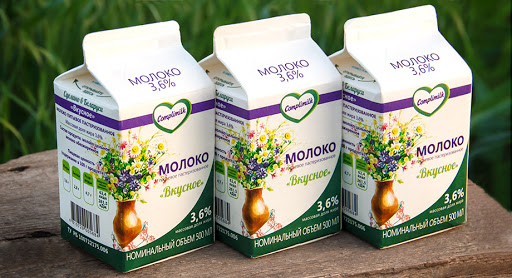Spiegel estimated the consequences of the oil embargo for Russia and Europe Analysts interviewed by Spiegel believe that the embargo will reduce Russia's oil
Due to the ban on oil imports from RUSSIA, which the European Union introduced as part of the sixth round of sanctions, inflation in Europe will continue to rise, this will hit European consumers and businesses, Guntram Wolf, HEAD of the Brussels-based think tank Bruegel, told Der Spiegel.
“Inflationary pressure will continue,” the economist said. According to the analyst, he expects "a significant loss in purchasing power." According to Wolf, governments may try to cushion the price shock through discounts on fuel at gas stations, tax cuts and subsidies, which will likely lead to an increase in public debt.
According to the head of Bruegel, the EU needs a concept to overcome the economic and social consequences of the embargo, which will reduce Russia's oil revenues in the long term.
The EU has imposed a package of sanctions against Russia with an oil embargo. What's Included Economics
The head of the analytical company Energy Comment, Steffen Bukold, believes that after the entry into force of the new sanctions, "the embargo may become a problem for Russia", but before that "there is still a long way to go." He believes that both Brussels and Moscow will have time to prepare for a ban on the supply of Russian fuel.
This also applies to the transportation of oil by tankers, Bukold said. According to the analyst, European companies "will not wait until the last moment", they will not extend expiring contracts, but will reorient themselves to other suppliers. Russia , for its part, will look for new customers - primarily in Asia, the expert says.
“Most of Russian oil is transported by tankers owned by Europeans,” said Fatih Birol, head of the International Energy Agency. Insurance is mainly dealt with by European or American companies. In connection with the EU ban on insurance of tankers with Russian raw materials, the country may turn to companies from other countries, writes Spiegel.
Read on RBC Pro Pro Why the Central Bank lowered the rate and what will happen to the ruble exchange rate and inflation Articles ProWhy We Lose Our Resilience And How To Get it Againex-CEO Cinnabon to Young Executives Articles Pro Credits and cheating at Bolt:how $11 billion fintech is collapsing Articles Pro Coffee:answering common questions about your favorite drink Instructions Pro Import substitution in Brazil has revived the growth of corruption.How It Happened Pro Articles Why We Dream:5 Theories Articles Pro Break Through: Three Keys to Success in Strategic Planning ArticlesThree Keys to Success in Strategic Planning ArticlesThree Keys to Success in Strategic Planning ArticlesWhy the ban on insurance of tankers with Russian oil is dangerous Economics
Financial Times sources previously admitted that Russia would have to turn to insurers "in smaller and less developed markets."
On May 30, the European Union agreed on the sixth package of sanctions, which implies the introduction of a partial embargo on the import of Russian oil. On June 2, the new restrictions were approved by the ambassadors of the EU countries, at a higher level the document was adopted the next day.
As the EU leadership explained, maritime transport, which accounts for two-thirds of Russian exports, fell under the ban. The EU received the rest via oil pipelines, while Poland and Germany decided to refuse any form of Russian oil supplies, so by the end of the year it will only enter the EU through the southern part of the Druzhba pipeline, which accounts for 10% of the total volume of oil bought by the EU at Russia. The import of oil from Russia to the EU countries will be completely banned six months after the approval of a new package of sanctions, and oil products - eight.
Dietary supplements and vitamins in EAPTEKE. Fast shipping. Medicines at competitive prices. Discounts and promotions. Vitamins for all occasions. Order on the site!


























































